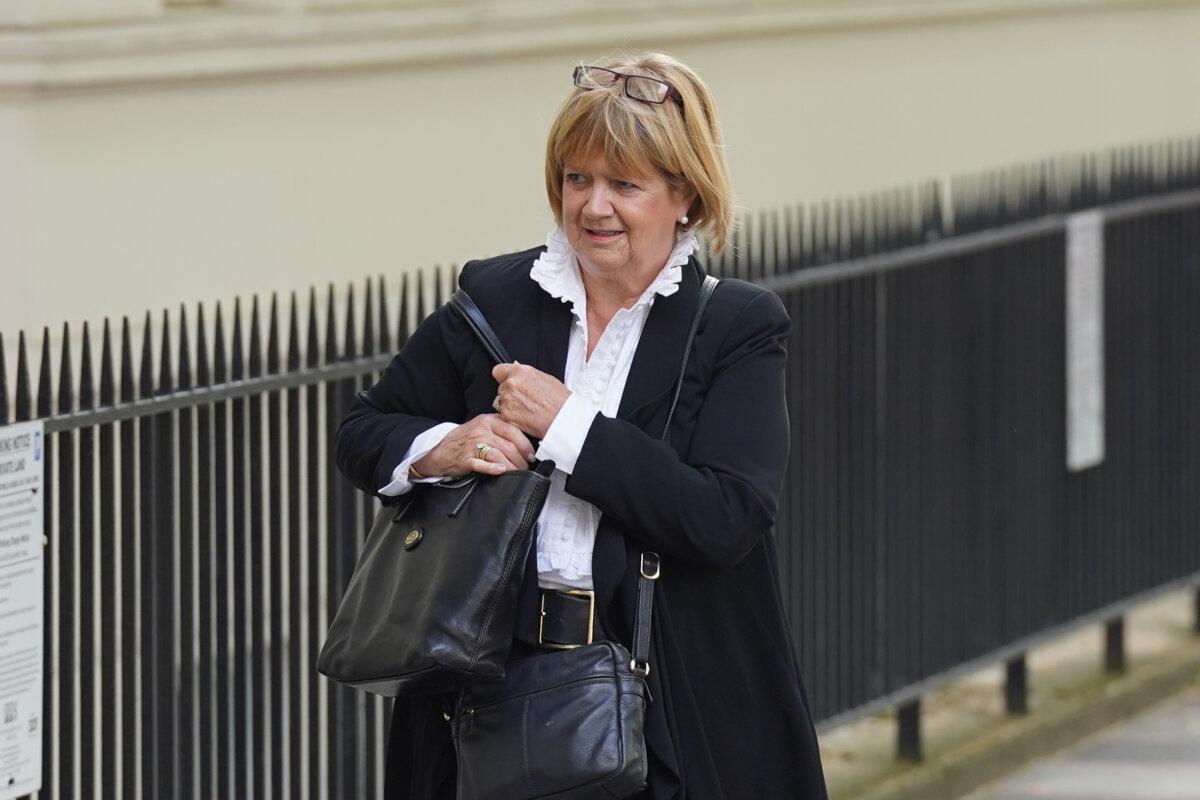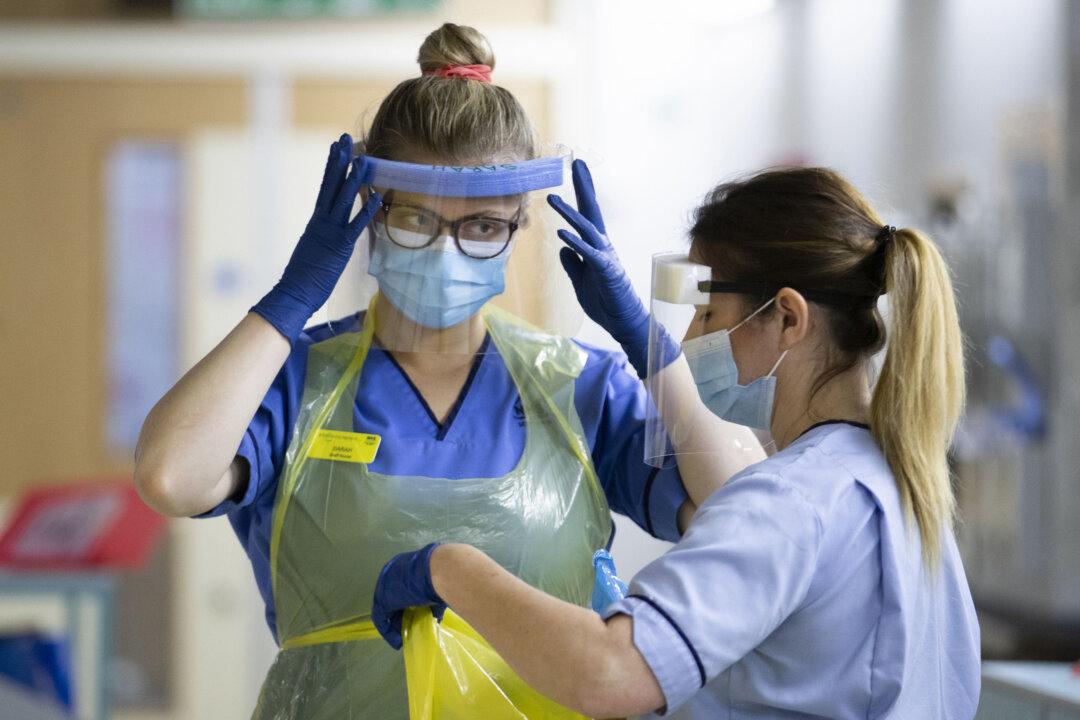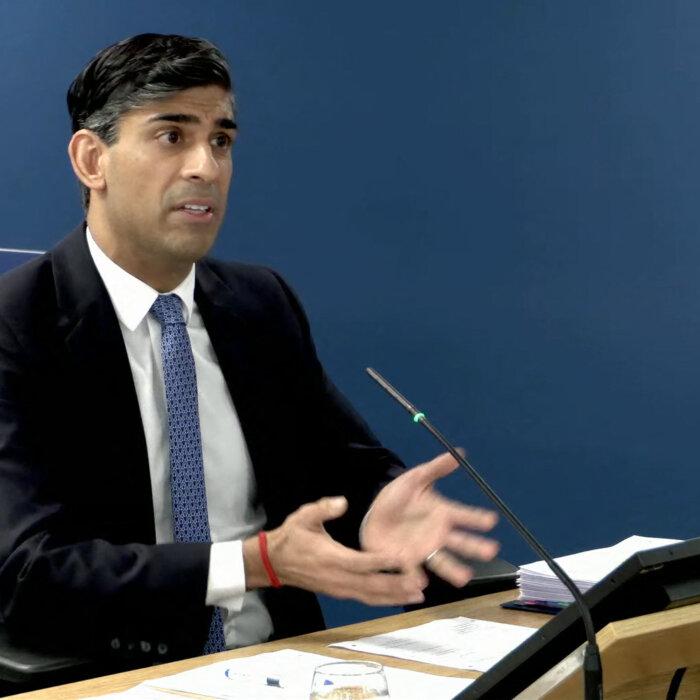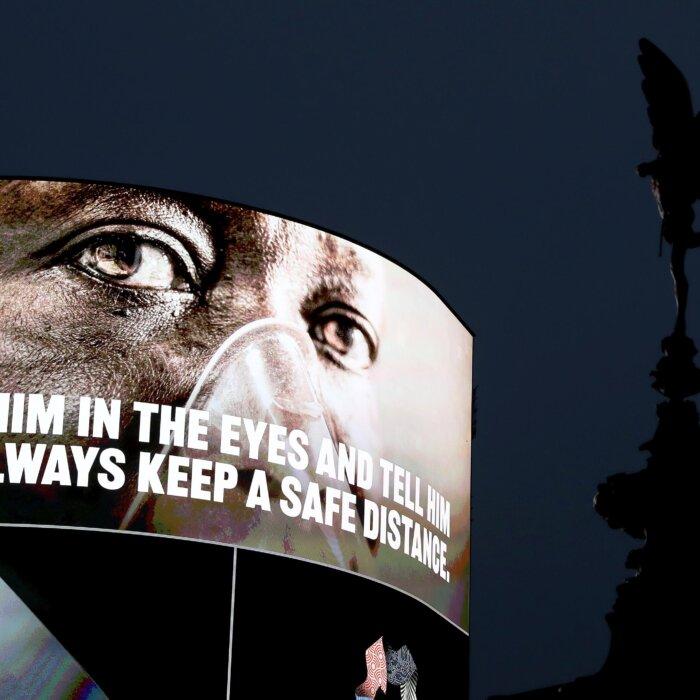Baroness Hallett accompanied her damning 217-page report with a warning that: “There will be a next time. The expert evidence suggests it’s not a question of ‘if’ another pandemic happens, but when.”
Having listened to thousands of hours of testimony from ministers and civil servants, the inquiry concluded that the government response resulted in “more grief, untold misery and economic turmoil than necessary,” naming former health secretaries Matt Hancock and Jeremy Hunt among those most responsible for failing to adequately prepare the nation.
The ongoing inquiry has faced accusations that it has a “pre-determined outcome” in favour of the idea that a stricter, faster, and longer lockdown could have prevented deaths. Anti-lockdown scientists, such as Professor Carl Heneghan of Oxford University, have complained that they were not treated fairly when giving evidence.
However, the report does raise concerns about the use of lockdowns, which Baroness Hallett said “should be a measure of last resort,” accusing ministers of a “failure adequately to consider proportionality of response” in imposing them.
‘Obesity a Factor’ in Why UK ‘Lacked Resilience’
Speaking just after the publication of her report, Baroness Hallett said that in 2019, the UK had a “dangerously mistaken” belief that it was well prepared to deal with a pandemic, but in 2020, the nation “lacked resilience” to deal with the situation.She said that general poor health in the UK population, caused partly by obesity, was a factor in why the nation fared badly in the official death statistics said to involve COVID-19.
“The UK prepared for the wrong pandemic,” she said, outlining that outbreaks of SARS and MERS in Asia and the Middle East ought to have alerted those responsible that another similar coronavirus could reach “pandemic scale.”
Baroness Hallett called for the creation of a “single, statutory body” responsible for “whole system preparedness,” saying that the UK had not been able to isolate, test, and trace sufficiently well to contain the outbreak.
The inquiry is divided into separate modules. The first took place in June and July 2023 and examined “pandemic emergency preparedness, resilience and response,” hearing evidence from around 70 experts.
It has come under fire from the vaccine injured and bereaved for postponing the module examining the rollout of the jabs and therapeutics until next year.
The report found, “Despite reams of documentation, planning guidance was insufficiently robust and flexible, and policy documentation was outdated, unnecessarily bureaucratic and infected by jargon.”
The inquiry said it had “no hesitation” in concluding that the “processes, planning and policy of the civil contingencies structures within the UK government and devolved administrations and civil services failed their citizens.”
In her foreword to the report, Baroness Hallett said lessons must be learned and “never again can a disease be allowed to lead to so many deaths and so much suffering.”

The official toll of deaths “involving” COVID-19 stood at 230,000 up until the end of 2023. Some experts dispute this figure because people were having COVID-19 recorded as a cause of death if they had tested positive in the 30 days prior to dying, with numerous reports from relatives angry at the misclassification of a loved one’s death.
‘Groupthink’
Baroness Hallett accused scientific experts of a “groupthink” mentality, and said ministers had “failed to challenge sufficiently the advice they did receive from officials and advisers,” and had not received a broad enough range of scientific opinion and policy options before the decision to lock down and impose other restrictions was announced in March 2020.Institutions and structures responsible for emergency planning throughout government were “labyrinthine” in how complex they were, Baroness Hallett added.
Emergency planning generally failed to account for how the vulnerable would be looked after, as well as those at most risk owing to existing poor health, and the stark difference in living standards within UK society, the report said.
Baroness Hallett found there was a “failure to learn sufficiently” from past exercises designed to test the UK’s response to the spread of disease, adding that the COVID-19 outbreak was not a “black swan” event, meaning a sudden and unpredictable occurrence.
Prior to the COVID-19 situation, “there was no exercising of measures such as mass testing, mass contact tracing, mandated social distancing or lockdowns,” she said.
In her recommendations, Baroness Hallett called for a new pandemic strategy to be developed and tested at least every three years, with a UK-wide crisis response exercise.
She said the government and political leaders should be properly held to account on a regular basis “for systems of preparedness and resilience.”
External experts from outside Whitehall and government should be brought in to challenge and guard against “the known problem of groupthink,” the report added.
The findings of a public inquiry are not legally binding and the government is not required to follow its recommendations, although Prime Minister Sir Keir Starmer has indicated that he will do so.
UK government debt now stands at £2.7 trillion, the report found, which is greater than the size of the economy.







